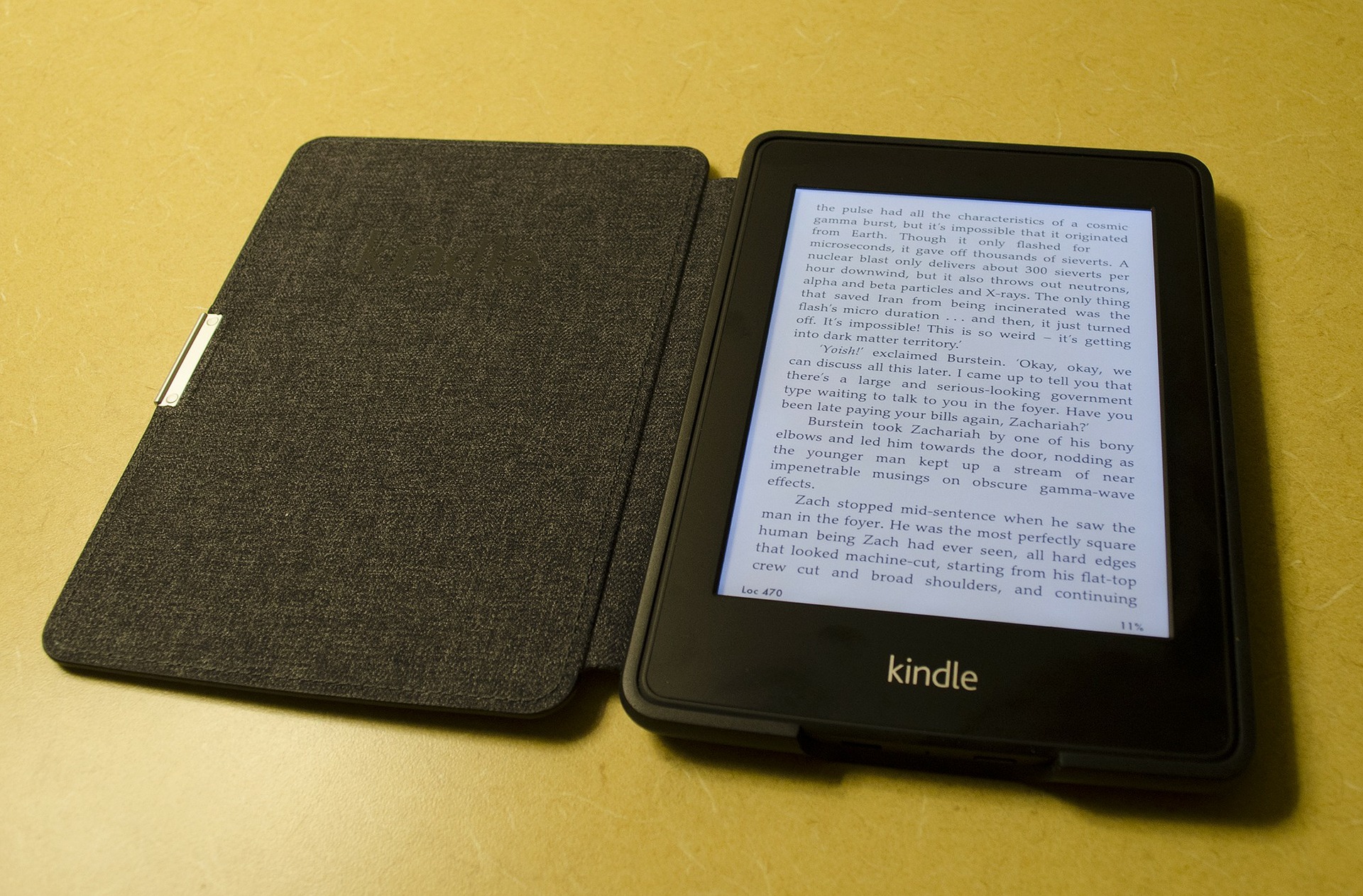Last year at DPLAfest 2019, I attended a very interesting session where speakers laid out the legal justification for the Internet Archive’s Open Library, a “controlled digital lending service.” The premise is that a digital version of a book can be loaned out if the physical copy is made unavailable for the duration of the lending period. I tried it myself and found the process similar to the usual library ebook experience.
In response to the pandemic’s shuttering of schools and libraries, the Open Library has become more open, turning the collection into the National Emergency Library. It’s a great boon for readers and learners, but is it legal?
- Announcing a National Emergency Library to Provide Digitized Books to Students and the Public [Internet Archive Blog] “To address our unprecedented global and immediate need for access to reading and research materials, as of today, March 24, 2020, the Internet Archive will suspend waitlists for the 1.4 million (and growing) books in our lending library by creating a National Emergency Library to serve the nation’s displaced learners.”
- ‘National Emergency Library’ Lends A Hand — And Lots Of Books! — During Pandemic [NPR] “The Internet Archive says its lending library has focused on digitizing 20th century books — obtained through Marygrove College and other school libraries — that otherwise would not be available with many physical libraries closed to the public. “
- Internet Archive’s National Emergency Library Harms Authors [Authors Guild] “Despite giving off the impression that it is expanding access to older and public domain books, a large proportion of the books on Open Library are in fact recent in-copyright books that publishers and authors rely on for critical revenue.”
- Internet Archive offers 1.4 million copyrighted books for free online [Ars Technica] “It may be that neither side would benefit from a high-profile legal battle right now. For publishers and authors, the optics of suing a library that’s expanding access to books during a pandemic would be terrible. And the Open Library’s customer base is still fairly small, so the practical financial impact for publishers and authors is likely to be small, too.”
From the Ohio Web Library:
- Hadro, Josh. “Internet Archive’s 1 Million Blind-Accessible Works.” Library Journal, vol. 135, no. 10, June 2010, pp. 18–20.
- Albanese, Andrew Richard. “Brewster’s Millions.” Publishers Weekly, vol. 258, no. 22, May 2011, p. 33.
- “Yahoo Rebuffs Google Subpoena.” American Libraries, vol. 38, no. 1, Jan. 2007, p. 31.


